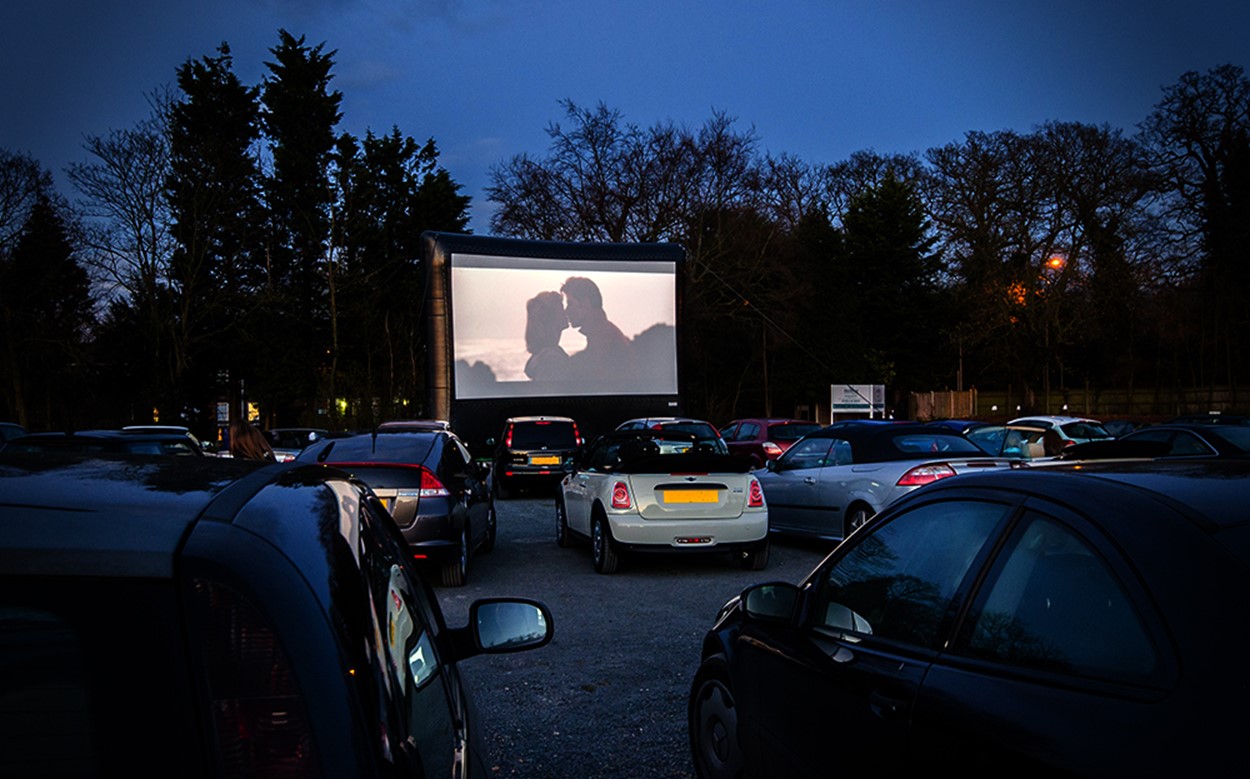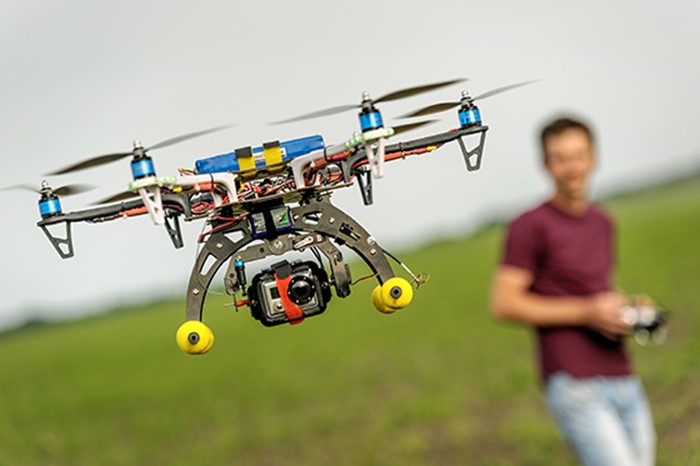Why We’re So Fascinated By Emptiness
September 4, 2016 in Daily Bulletin

Katharine Schwab writes that some of the most attention grabbing images depict emptiness. She talked with experts to find out why:
- Humans have a natural tendency to focus on faces in photos. If there are no faces, then we’re forced to take in the entire image.
- Such images also cause the viewer to imagine themselves in the scene, bringing a level of interactivity absent from people filled photos.
- Without having something like a human to anchor our perception, it can be difficult to figure out the relative size of the things we’re seeing in an empty photo, making things appear bigger and grander than they are.
Read more here.
Source: Fast Company









Join the Discussion! (No Signup Required)